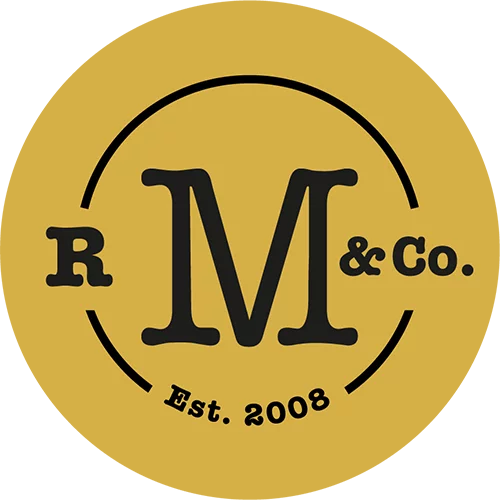Photo credit Source : www.pymnts.com
Small Businesses Struggle to Pay Back Fees After Defaulting on SBA Loans During COVID
The Small Business Administration (SBA) loaned out a staggering $390 billion to help companies survive during the COVID-19 pandemic. However, many of these small businesses are now struggling to pay back fees after defaulting on those loans, as reported by The Wall Street Journal.
According to the report, the SBA has transferred 860,000 delinquent loans from the COVID disaster program, totaling over $59 billion, to the Treasury Department for collection. Some borrowers claim their businesses are still in trouble or have closed down, while others missed payments by mistake or never intended to repay the loan.
One such company that defaulted is Ampac, a California-based skincare products seller. Despite making $425,000 in payments on its initial $500,000 loan, Ampac still owes around $262,000 due to a 30% fee imposed after the default, which was not clearly outlined in the loan documents.
The Treasury Department defended the fees, stating that Congress approved the federal debt-collection program and authorized the Treasury to charge fees in line with those administered by debt collection agencies. The SBA also mentioned that passing along the Treasury collection fee to borrowers is standard practice.
This issue comes at a time when small and medium-sized businesses (SMBs) are facing various challenges. While some SMBs are thriving, others are struggling, especially in the professional services sector, where revenue growth is lagging behind.
Overall, the situation highlights the complexities and difficulties faced by small businesses in repaying COVID-related loans and the impact it has on their financial stability.


